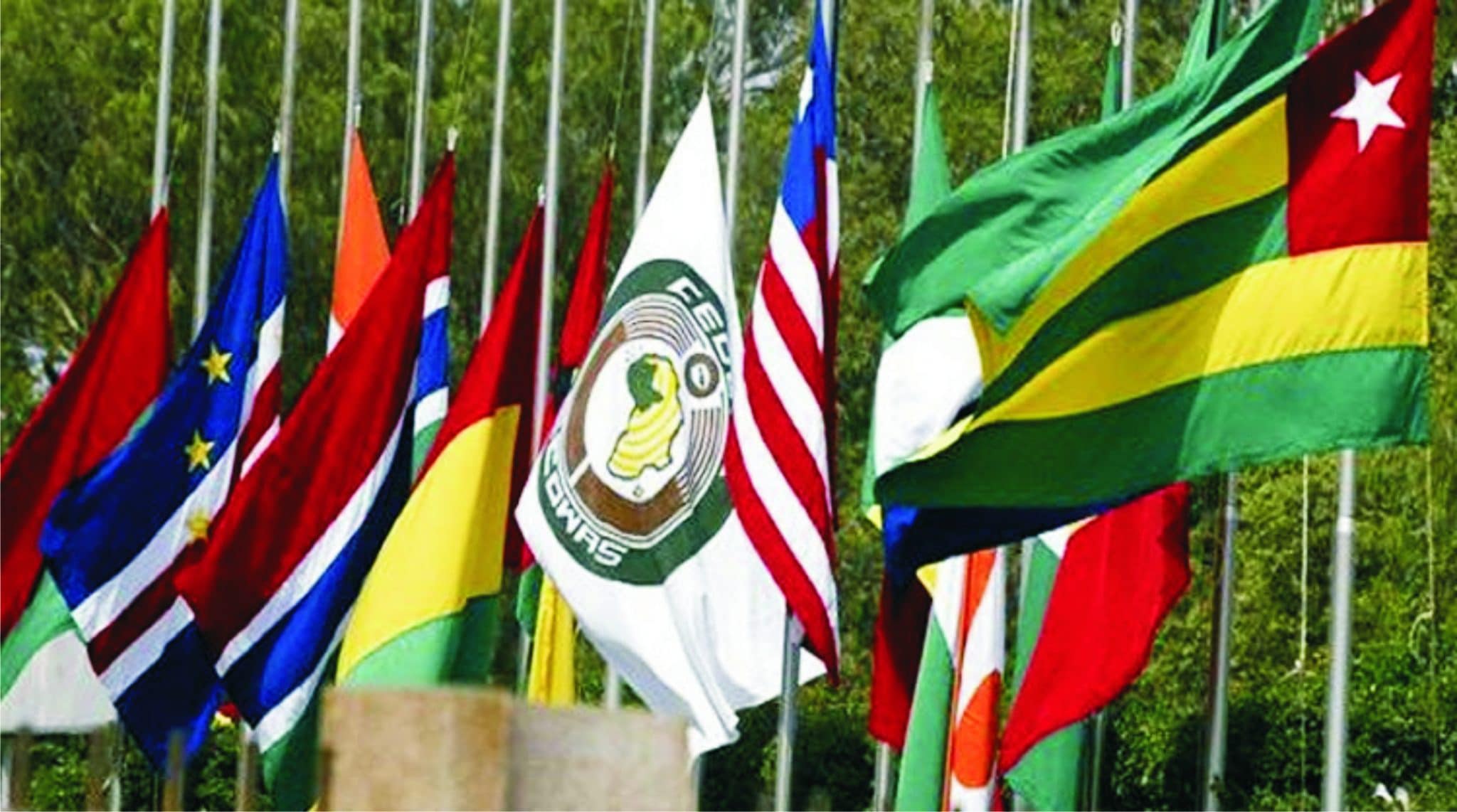
By Charles Muchoki | Africa Guardian
The Economic Community of West African States (ECOWAS) has set an ambitious goal to produce 0.5 million tonnes of green hydrogen annually by 2030, driven by a strong focus on expanding renewable energy infrastructure across the region. This initiative is part of ECOWAS’s broader commitment to advancing the region’s renewable energy capabilities.
During a capacity-building workshop for private sector stakeholders on green hydrogen, ECOWAS reiterated its dedication to establishing the necessary infrastructure to meet this target. Dr. Bruno Korgo, Regional Coordinator for Renewable Energy and Green Hydrogen at the West African Science Service Centre on Climate Change and Adapted Land Use (WASCAL), emphasized the region’s significant potential in renewable energy sources such as solar, wind, and hydrogen. He highlighted that this potential forms a solid foundation for pursuing green hydrogen production, a key element in global efforts to decarbonize various sectors.
“The West African Green Hydrogen Policy aims for the region to produce 0.5 million tonnes of green hydrogen annually by 2030, scaling up to 10 million tonnes by 2050,” Korgo stated. He also noted that while the policy has been endorsed by regional heads of state, the responsibility now lies with energy ministries to collaborate with governments and the private sector to achieve these goals.
Temitope Dina, Assistant Director at Nigeria’s Ministry of Power, reaffirmed the federal government’s commitment to leveraging green hydrogen’s potential to drive economic growth, enhance energy security, and promote environmental sustainability in West Africa. Dina emphasized that this goal requires dedication, collaboration, and a clear recognition of green hydrogen’s pivotal role in the future energy landscape.
“Green hydrogen is at the forefront of the global transition to clean energy,” Dina said. “It offers the promise of reducing carbon emissions, diversifying our energy sources, and fostering innovation. With its abundant renewable resources, West Africa is well-positioned to make green hydrogen a game changer, stimulating local economies, creating jobs, and boosting regional prosperity.”
The workshop provided an important platform for participants to deepen their understanding of green hydrogen technology, explore best practices, and forge the partnerships necessary for the successful implementation of green hydrogen policies and strategies.
Alhassan Dantata, Executive Vice Chairman of SIDIL Energy Alternatives Limited, described green hydrogen as the world’s final opportunity to transition to clean energy. He stressed the importance of Africa’s role in this transition, noting that the continent has abundant natural resources, including sun, wind, and water, that are crucial for green hydrogen production.
Dantata urged Africa to overcome internal challenges, such as tribalism and religious differences, to fully capitalize on its potential and lead the global green hydrogen revolution. “Africa should be at the forefront of exporting power to other regions,” he asserted. “With the right political will and mindset, Africa can become a leader in green hydrogen production and contribute significantly to the global clean energy transition.”
___
